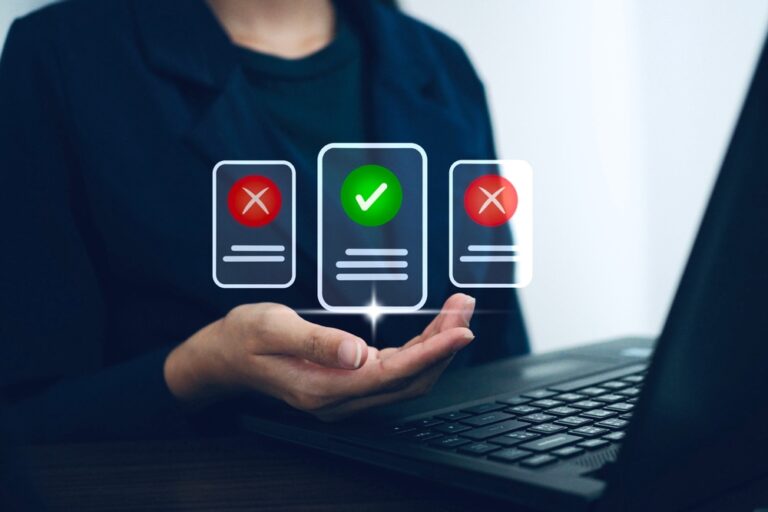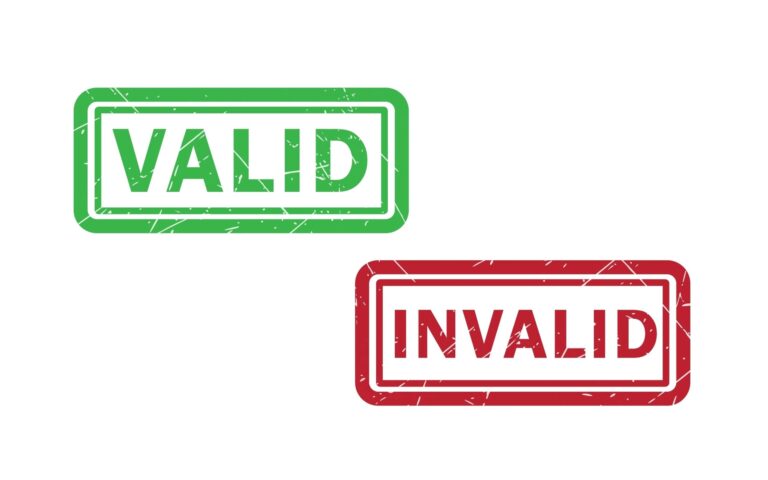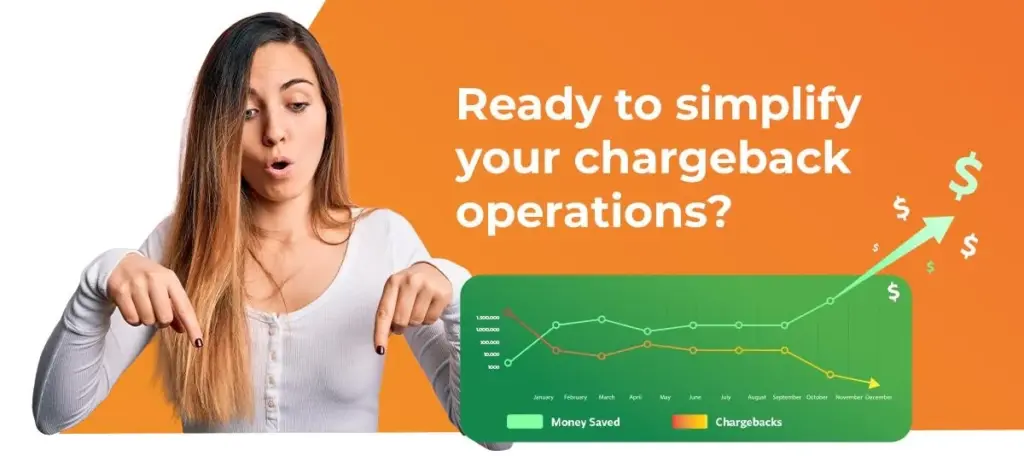Merchant Guide to Reducing Holiday Chargebacks
Come January, you’ll likely see an uptick in holiday chargebacks. Late December and January are sometimes referred to as chargeback season.

Come January, you’ll likely see an uptick in holiday chargebacks. Late December and January are sometimes referred to as chargeback season.

Black Friday and Cyber Monday, in particular, drum up sales, but unfortunately, these shopping holidays can fuel chargebacks as well.

Before the Web, MOTO, or Mail-Order/Telephone Order transactions were one of the most popular alternatives to in-person shopping.

Fraud and cybercrime are major risks for businesses. Luckily, Google Pay has rolled out secure payment authentication services for merchants.

Chargebacks are a major hassle and risk for merchants. The good news is that there are many steps you can take to prevent and reduce them.

ChargebackHelp’s dispute management platform can be used to streamline chargeback management and to bring various tools under one roof.

Chargeback representment can be exceptionally useful for merchants, allowing them to fight fraud and protect revenues.

Some businesses are at a higher than normal risk of suffering chargebacks and can be designated as “high-risk” by acquiring banks.

It’s crucial for merchants to know the difference between valid and invalid chargebacks and how to deal with them.

Much of the discussion around chargebacks focuses on customer rights. However, businesses also have rights when it comes to chargebacks.
